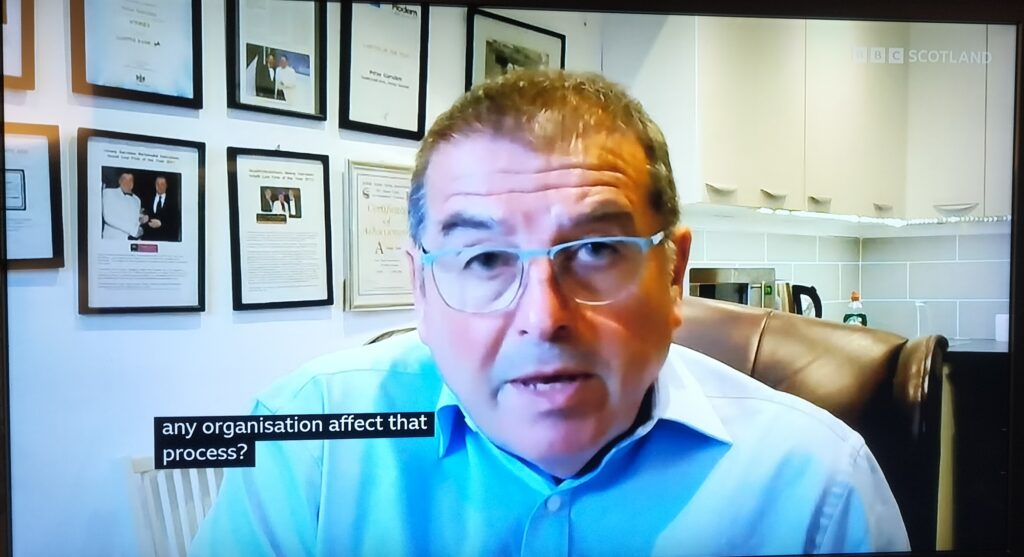
In a similar way to England’s Football Clubs, Scotland has its own abuse problem at Celtic FC, which has recently been reported to have agreed to settle claims made against it. I was asked by BBC Scotland to provide my expert opinion on their News Channel on behalf of ACAL (Association of Child Abuse Lawyers). According to the BBC Website:-
Celtic is seeking to settle legal claims of historical abuse at Celtic Boys Club.
Lawyers acting for more than 20 former players have been told the club intends to enter settlement negotiations.
In recent years several former coaches and officials at the club have been convicted of sexual offences against teenage players spanning decades.
Celtic said it “has always taken allegations regarding abuse at Celtic Boys Club extremely seriously”.
A statement released by the club added: “Celtic Football Club and their lawyers have made strenuous efforts to investigate these matters and they continue to do so.
“Celtic’s lawyers continue to investigate and discuss these cases with the lawyers acting for those who suffered abuse at Celtic Boys’ Club. Those discussions are ongoing.
“It would not be appropriate for Celtic Football Club to comment any further while there are ongoing legal proceedings”.
Celtic had previously said it was not responsible because the boys’ club was an “entirely separate” organisation.
BBC News Scotland online

England has been through what Scotland is progressing now in a similar way. The Civil Procedure Rules have provided for Group Actions now for over 20 years, whereas in Scotland the rule was only introduced in 2020.
Abuse cases could not be brought in Scotland until relatively recently owing to some restrictive case law on time delay/Limitation. At the recent Independent Inquiry into Child Sexual Abuse in London (IICSA) Scotland was heralded as a beacon of the advanced state of the law on time delay, and an example that England should follow. Sadly, the Home Office’s response to the final report of IICSA was lukewarm in its attitude to reforms to English Time Delay Legislation (Limitation Act 1980). Whilst IICSA recommended wholesale change, the Home Office did not promise reform.
Included in the list of King’s Bench Division Group Actions held by the Royal Courts of Justice are several Children’s Home Group Actions, the first of which was mine by the name of Redbank Secure Children’s Home in Lancashire.
Interestingly, the Association of British Insurers has published a protocol. the purpose of which is to encourage British Insurers to abide by a code of good practice. Non-disclosure agreements are not to be signed because the victim of abuse should not be silenced twice, namely at the time of the abuse, and when being asked to agree to a settlement by the abuser’s lawyers.
Group Actions can save time, money, and make victims/survivors feel stronger because, rather than feeling powerless, they are reinforced into a movement, the effect of which is to seek justice and truth. Defendant’s generally don’t like them because they fear that it will encourage more victims to come forward, and increase the costs. The reality is that they save rather than increase costs, and lay a path to justice for the survivor of abuse.


